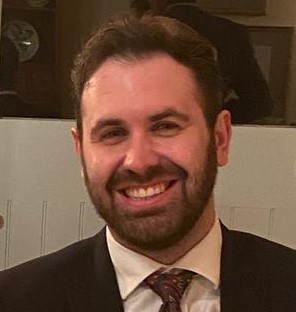What?
In a recent turn of events, junior doctors in Scotland have agreed to hold off impending strike after the Scottish government proposed a new pay offer. The British Medical Association (BMA) Scotland agreed to pause the strike, initially scheduled for 12-15th July, while they consult with their members about the proposed 12.4% pay increase for the 2023/24 period. This, coupled with a 4.5% pay raise for 2022/23, equates to a total pay increase of 17.5% over two years. The doctors had earlier dismissed a 14.5% pay rise over the same period.
This new agreement also involves a commitment to future years’ pay, contract, and modernisation of pay bargaining. While the union has recommended that its members accept the offer, the final decision lies with the doctors themselves.

Why?
The potential strike and the ongoing pay negotiations form part of a months-long dispute over pay and working conditions across both sides of the England-Scotland border. BMA Scotland has expressed that previous pay awards for junior doctors – fully-qualified medical practitioners who are neither specialty staff doctors, consultants, nor GPs – resulted in real-term pay cuts of 23.5% since 2008. As such, they requested a 23.5% pay increase to mitigate these losses. With these doctors making up 44% of the NHS workforce in Scotland, their contribution is pivotal.
These negotiations were held between BMA Scotland and Health Secretary Michael Matheson, with a final offer deemed as a “genuinely credible and workable pathway towards pay restoration” by committee chair Chris Smith. The offer was deemed as the best option for achieving full pay restoration for doctors in Scotland without resulting in a potentially damaging industrial dispute.
How (does it affect you)?
Contrary to the clickbait headlines of major news websites, junior doctors have not called off strike action permanently. Equally, this news story applies only to Scottish junior doctors. This is a temporary hold whilst considering the 12.4% pay increase offer, against a requested uplift of 23.5%. This offer may be voted against by junior doctors, and strikes in Scotland may continue. Junior doctors in England continue to strike, with a request for full pay restoration, a salary uplift of 35%, remaining the sole point of contention.
For patients relying on the National Health Service (NHS) in Scotland, this news may bring much-needed relief. A junior doctors’ strike could have led to significant disruption, including tens of thousands of appointment cancellations. The halting of the strike minimises this potential disruption to patient care, though only if the pay offer is accepted by BMA members.
Should similar issues arise in the future, it’s crucial for patients to know how best to navigate the NHS during strikes. Firstly, always ensure that you are registered with a General Practitioner (GP) who can provide primary care and referrals when needed.
If you find that your appointment has been cancelled due to a strike, your first point of contact should be your GP or the hospital department where your appointment was scheduled. They can provide you with the necessary guidance and possibly reschedule the appointment.
For non-emergency conditions, consider using NHS services like NHS 24 (the name of the NHS 111 service in Scotland), a 24-hour health advice line, or minor injury units, if appropriate. These alternatives can help manage healthcare demand during strikes and ensure you still get the necessary care.
A&E will be staffed for emergencies, but expect possibly lengthy waiting times.
This situation also underlines the importance of understanding the role of junior doctors within the NHS. Recognising their significance can lead to a better understanding of potential disruptions and equip you with the knowledge to efficiently navigate the NHS during periods of industrial action.
Finally, maintain patience and understanding. Strikes are a last resort for many healthcare professionals, and they only occur due to significant issues. Supporting their cause can help to ensure better working conditions, leading to improved patient care in the long run.
As always, best wishes from myHSN!


